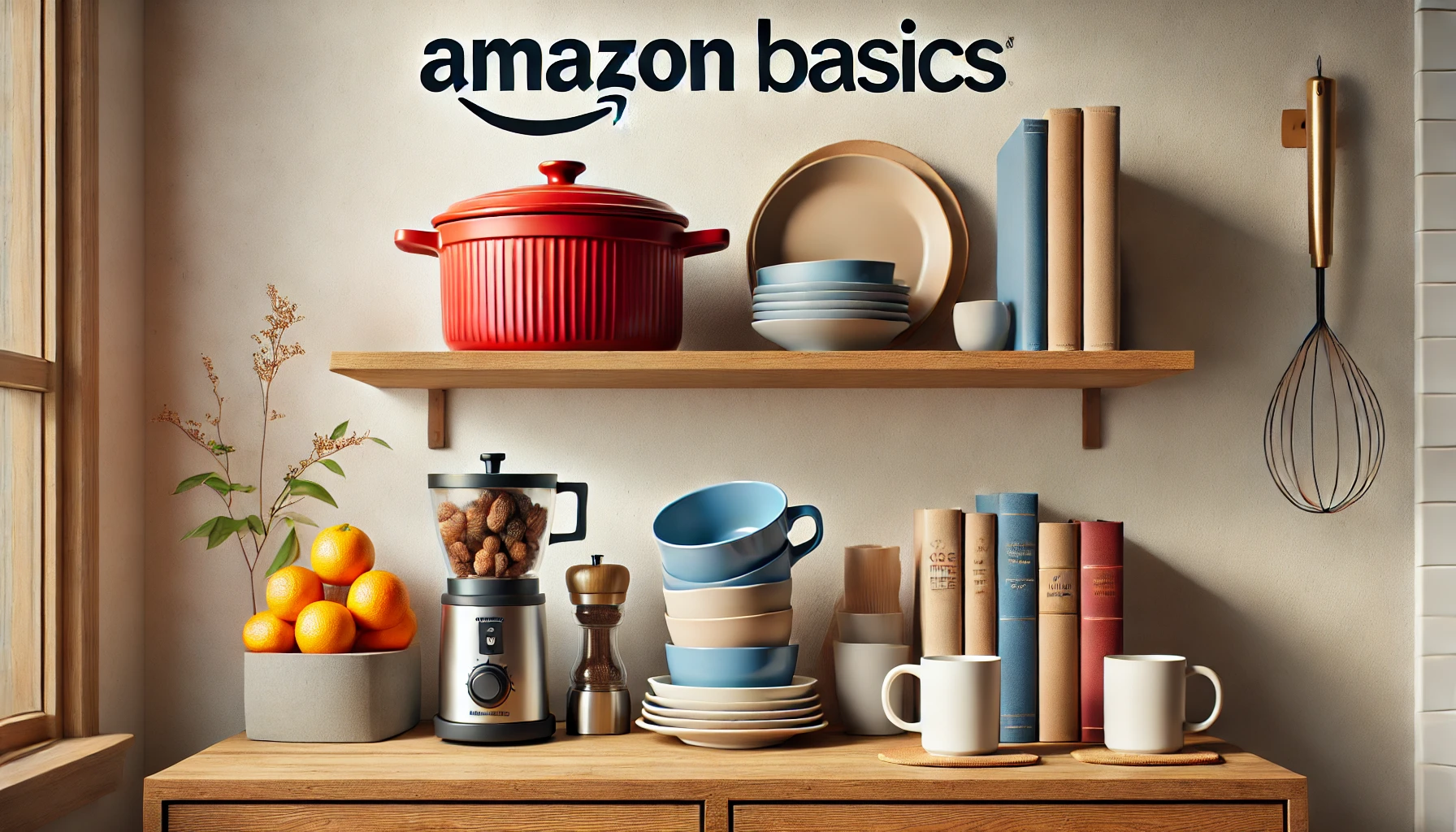
Navigating Safety and Compliance Challenges on Amazon
The U.S. Consumer Product Safety Commission (CPSC) recently issued a final order to Amazon, mandating stringent remediation plans for hazardous products found on the platform….
Blogs | November 20, 2024
Natural Products continue to be a top-selling category on eCommerce in 2024. While digital commerce presents challenges for all brands, Natural Products companies traverse unique hurdles.
Balancing with Brick & Mortar
Most leading Natural Products brands see ecommerce as slice of their business, and focus their efforts of brick & mortar sales. With distribution across retailers like Walmart, Kroger, Whole Foods, and independent grocery and supplement stores, ecommerce can feel like a relativel insignificant channel.
However, failing to invest proper efforts on eCommerce can lead to significant challenges across omnichannel sales. In particular, when marketplaces like Amazon offer a brand’s products under MAP pricing, brick and mortar sales decline, and relationships with trusted retailers can be damaged.
Expiration Dates
Most Natural Products brands offer products that expire. Managing distribution, demand planning, and supply chains for ecommerce, while being challenging, come naturally to most large Natural Products brands. However, when adding third-party sellers into the mix, these brands can begin to experience an uptick in expired product sales, returns, and dissatisfied customers.
Price Erosion
Natural Products brands need to compete not only with each other, but with shifting economic conditions and conventional (not-so-natural) products. Having an enforceable MAP policy and a strong relationship with retailers and distributors is critical for staying profitable and competitive as a Natural Products brand.
Channel Growth
Growing sales looks different on eCommerce compared to Brick and Mortar. The combination of seasonality, product trends, massive digital shelves, and the abundance of third-party sellers can make it difficult to not only grow your brand, but understand large sets of seemingly unattainable sales data.
Brands that are able to tackle these challenges can lay the foundation for success not only for eCommerce, but for omnichannel health and growth in the long term.
CELSIUS – Natural Energy Drinks
As an up-and-coming energy drink brand, the market is saturated and competition is fierce. Through all the challenges, CELSIUS has quickly risen to the top as a consumer favorite, thanks in part to their eCommerce strategy.
In short, CELSIUS has made a fantastic product widely available to consumers – both online and in-store – for a consistent price.
Rainbow Light – Vitamins & Supplements
As a now-legacy player in the natural supplements category, Rainbow Light has leveraged eCommerce to push their brand presence to the next level.
RXBAR – Protein Bars
Launched in 2013, RXBAR rode the wave of shifting consumer health preferences to quickly rise to the upper-echelon of snack bars. Over the last decade, the company has solidified their position as a key player, using eCommerce as a significant tool in the toolkit.
MorningStar Farms – Vegan Alternatives
As a player in the frozen-foods category, it’s unlikely that MorningStar would make the cut for this list. As eCommerce has expanded beyond warehouses and semi-trucks, MorningStar has leveraged store-to-door programs with grace.
Fiber One – Bars & Cereals
Growing up, you may remember Fiber One as the tree-twig-adjacent cereal your parents filled the cabinet with – and as a kid, it didn’t hold a candle to Lucky Charms. Adapting to the times, Fiber One is now best known for their healthy, high-fiber snack bars – which are exceptionally popular with online shoppers.
The one thing all the above brands have in common is a very strong, controlled distribution network. As a result, they experience consistent pricing, limited unauthorized sellers, and retention of both their eCommerce and brick & mortar shopping experiences.
Each brand is unique. However, nearly any Natural Products brand can benefit greatly from controlling their unauthorized sales, managing their distribution, and keeping an eye on their MAP violators.
For help with managing MAP violations and unauthorized sellers, schedule a Free Brand Assessment with POTOO.
–
Our solutions
AERIAL360 Brand Protection
Identify and solve unauthorized seller issues on Amazon, eBay, Walmart, and 100+ other marketplaces. Learn More
TALON Price Tracking
Know which online stores are selling your products below MAP pricing, and take action instantly. Learn More
eADVISE Distribution Strategy
Expert strategic guidance and implementation for distributor agreements and pricing policies to support your brand’s omnichannel strategy. Learn More

The U.S. Consumer Product Safety Commission (CPSC) recently issued a final order to Amazon, mandating stringent remediation plans for hazardous products found on the platform….

Exciting news at POTOO! ✨ We’re thrilled to officially welcome Jennifer Elmashni our newly appointed President. Jennifer is a true eCommerce powerhouse, and we’ve had…

Amazon’s private-label brand, Amazon Basics, has transformed the e-commerce landscape since its inception. Known for its affordability and wide range of products, from home essentials…